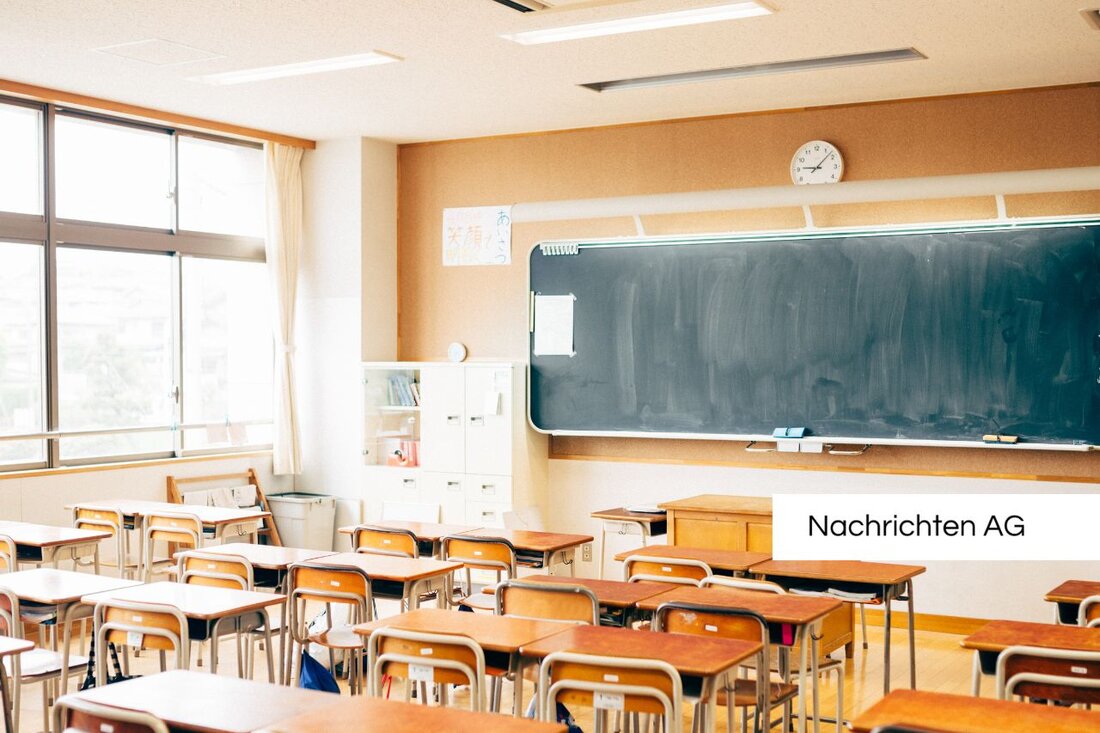Clarity about Ukraine refugees: Government is planning drastic measures
Clarity about Ukraine refugees: Government is planning drastic measures
Burgenland, Österreich - On June 4, 2025, a significant conference on the subject of Ukraine refugees took place under the direction of Interior Minister Gerhard Karner (ÖVP). The minister emphasized the need for administrative measures in the government program, which in particular aim to reduce family reunification and better integration of Ukrainian displaced persons. In Austria, Ukrainian displaced people are the largest group in basic care, and the government aims to bring it into employment increasingly. Christian Dörfel (ÖVP) also called for a clear legal basis beyond 2026, while Hannes Amesbauer (FPÖ) brought a proposal to withdraw the displaced status to the Ukrainians, with the aim, but without majority.
The refugee officers were united in the view that the family reunification must be restricted in the long term. There is currently an ordinance in assessment that will stop it for several months. In May 2024, 1,270 people came to Austria due to the family reunification, compared to this in May 2023 only 74. Amesbauer pointed out that 80 percent of the 7,300 people in basic Styrian have the displacement status, which costs the country 90 million euros annually. Carinthia's Governor Peter Kaiser also spoke about a "further development" of the European Convention on Human Rights (ECHR), whereby Dörfel and Amesbauer considered adjustments.
labor market access and integration
The BAMF reports on the current developments in Germany. Since the beginning of the Russian war of attack on Ukraine in February 2022, around one million people have been looking for protection in Germany, mostly women and children. Despite an upward trend in the employment rate among the refugees, there are still various obstacles, especially in childcare and bureaucracy when recognizing deals. A current report that was created from July 2023 to January 2024 emphasizes that the group of adult Ukrainian refugees consists of 75 percent women, with the re -trial of men increased.
Although 61 percent of Ukrainian refugees are aiming for vocational training or studying in Germany, 94 percent of the non -employed refugees report that they would like to work. Important factors that could advance integration are flexible working hours and support in language acquisition. This coincides with results from the Federal Center for Political Education, which emphasize the challenges of labor market access for refugees. Access to childcare options is essential for the integration of women.
psychological stress and educational opportunities
About the psychological stress among Ukrainian refugees, 19.4 percent of depressive symptoms and 14.2 percent report anxiety disorders. Despite these stressful circumstances, the report shows that 70 percent of them took part in integration courses in the second half of 2023 or have already completed one, which led to improved language skills.
In the education sector, many Ukrainian children visually visit middle and secondary schools disproportionately, which indicates inadequate performance adequacy. Access to education is crucial because the majority of the Ukrainian students are taught in regular classes, while only 16 percent visit special classes. The educational path of these children is significantly influenced by the language barriers and the quality of the care offers in Germany.
In summary, the situation in both Austria and Germany is characterized by complex challenges for Ukrainian refugees. The need for clear legal framework and suitable integration measures is more urgent than ever to ensure the integration of these people into society and the labor market.For more information you can report the reports at Kleine Zeitung href = "https://www.bamf.de/shahareddocs/pressemitteilungen/de/2025/250303- research report-ukrainische-gefluechte.html"> Federal Office for Migration and Refugees (BAMF) and the Federal Center for Political Education
| Details | |
|---|---|
| Ort | Burgenland, Österreich |
| Quellen | |


Kommentare (0)